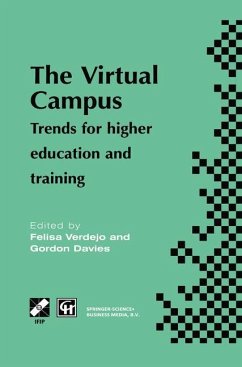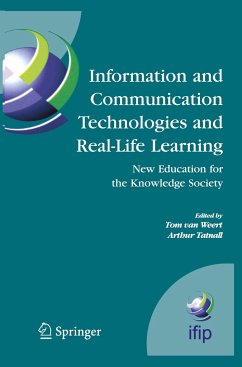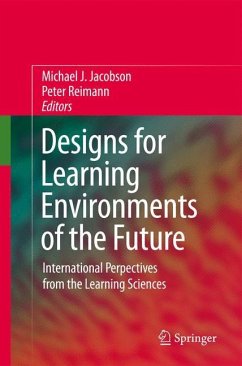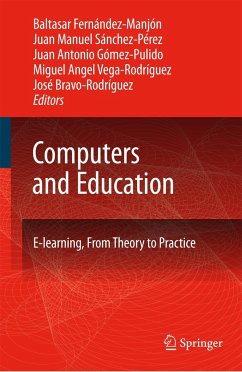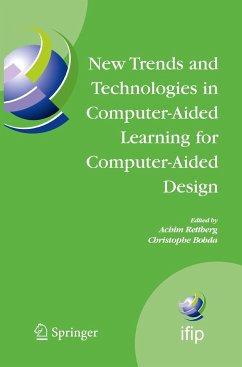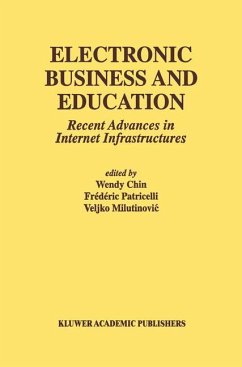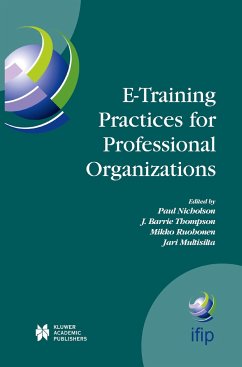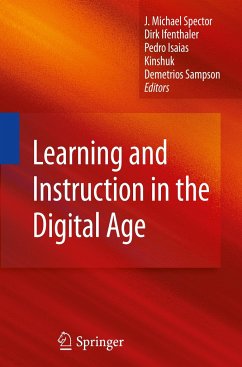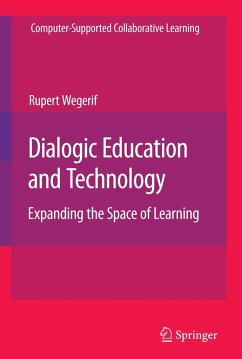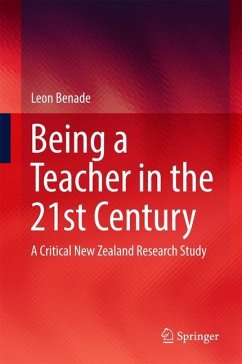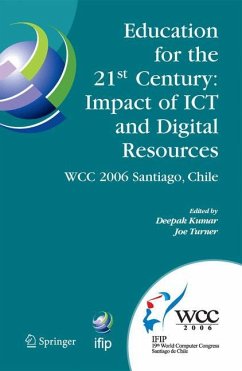
Education for the 21st Century - Impact of ICT and Digital Resources
IFIP 19th World Computer Congress, TC-3 Education, August 21-24, 2006, Santiago, Chile
Herausgegeben: Kumar, Deepak; Turner, Joe
Versandkostenfrei!
Versandfertig in 6-10 Tagen
76,99 €
inkl. MwSt.

PAYBACK Punkte
38 °P sammeln!
It is a pleasure to offer you this book containing papers about ICT and education from the World Computer Congress 2006 (WCC 2006), held in Santiago, Chile and sponsored by the International Federation for Information Processing (IFIP). A lot of people worked very hard to make this event happen and to produce this book. The programme committee with IFIP members from around the world issued a call for papers inspiring almost 80 people to submit papers, posters, demonstrations, and workshops to the IFIP TC3 (Technical Committee on Education) sub-conference of WCC 2006. The submitted papers were ...
It is a pleasure to offer you this book containing papers about ICT and education from the World Computer Congress 2006 (WCC 2006), held in Santiago, Chile and sponsored by the International Federation for Information Processing (IFIP). A lot of people worked very hard to make this event happen and to produce this book. The programme committee with IFIP members from around the world issued a call for papers inspiring almost 80 people to submit papers, posters, demonstrations, and workshops to the IFIP TC3 (Technical Committee on Education) sub-conference of WCC 2006. The submitted papers were reviewed by a large group of referees to select the papers to be presented at the conference. What is really amazing is that all these people freely contributed their time and effort to do all this work. The TC3 sub-conference of WCC 2006 has two themes: Informatics Curricula, TEaching Methods and best practice (ICTEM II), and Teaching and Learning with ICT: Theory, Policy and Practice. These themes represent many of the broad range of interests of the Working Groups of IFIP TC3. Two kinds of papers are included in this book: full papers and short papers. Full papers are standard papers that are appropriate for an international conference on ICT and informatics education. Of the 64 full paper submissions, 28 (44%) were accepted. A short paper represents work in progress, opinion, a proposal, work with untested results, or an experience report.





